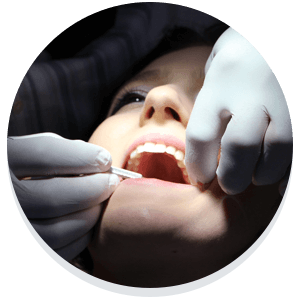Surgical Risk Assessment
We have made every effort to make total joint arthroplasty as safe as possible. We strive to reduce the risk of our patients developing a perioperative complication by eliminating and treating modifiable risk factors prior to surgery. Any patient that undergoes total joint arthroplasty has an approximately 2% chance of experiencing a perioperative complication with the most common being an infection, deep venous thrombosis (DVT) or blood clot, or a problem with wound healing. There is also a risk of having a reaction to the anesthetic, however, this is quite rare.
Information to Help Assess Risk
Taking factors into consideration when performing joint arthroplasty.
For any patient that is considering having total joint arthroplasty, we fill out a surgical risk assessment form to evaluate if there are any modifiable risk factors that can be remediated prior to surgery. Smoking is an independent risk factor that makes a patient 5 times more likely to have a perioperative complication from total joint arthroplasty. It is for this reason that we expect all of our patients to quit smoking at least 4-6 weeks prior to surgery to reduce the risk of complications.
Another important risk factor that can increase the chance of having an infection or problems with wound healing is having diabetes that is not well controlled. We have our diabetic patients work closely with their endocrinologist or general medical doctor to adequately control their blood sugars prior to surgery to minimize the risk of developing a surgical complication. We strive to make our diabetic patients have a hemoglobin A1C less then 8 prior to surgery. A fasting blood glucose level will also be checked the morning of surgery and any level >180 would prevent their surgery from proceeding as planned due to the increased risk of developing a complication.
We also encourage our patients to be up to date on their dental work prior to undergoing any total joint arthroplasty. We expect our patients to go in for dental cleanings every 6 months to reduce the risk of developing an infection that could potentially get into the replaced joint. Being up to date on dental work helps to minimize the chance of missing an infected tooth or dental abscess that could potentially allow bacteria to get into the blood stream and then make its way to the newly replaced joint.
If you have further questions regarding our surgical risk abatement process, we’d be happy to discuss it in detail with you at your visit.





